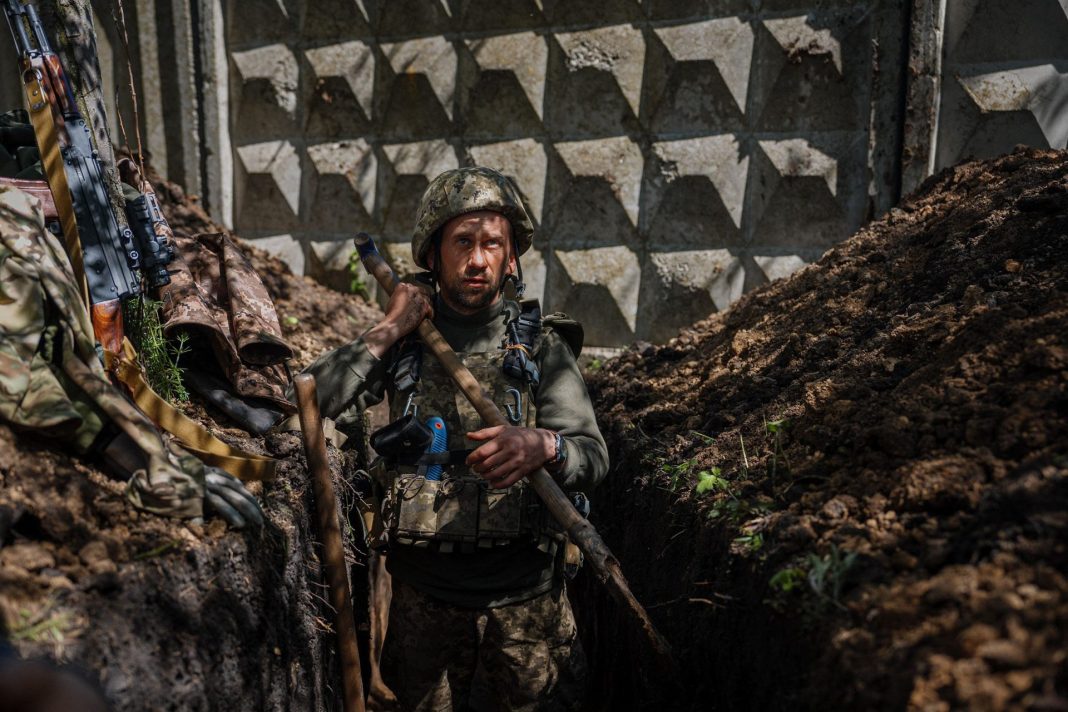According to a Ukrainian soldier fighting in the southern sector of the front, artillerymen are given a limited number of shells to hit a given mark, with the number they can use on a small target like a mortar position limited to just 5-7 rounds.
He added that frontline troops are “very tired,” compounding the ammunition shortage.
“They are still motivated… But you can’t win a war only on motivation. You should have some kind of a numerical advantage… It only gets worse and worse.”
The soldier’s remarks were echoed by a member of the 148th Artillery Brigade, equipped with 155mm howitzers. He told the Post that his unit was expending just 10 to 20 shells per day, down from an average of 50 and sometimes even up to 90.
“What can you do with 10 shells per day? It is barely enough to respond to their advances – we are not even talking about attacking their positions.”
At the same time, Ukrainian soldiers interviewed by the paper said that they did not see Russia suffering from a similar deficit of ammunition, as it continues its attacks in the southern and central parts of the front.
Officials in Kiev have long complained about a shell shortage, claiming that it delayed the start of their much-hyped summer counteroffensive and allowed Russia time to erect formidable defenses. Beginning in June, Ukraine attempted to breach Moscow’s lines without any notable success while losing around 160,000 troops in the process, according to Russian officials.
The ammunition shortage was also admitted by Ukrainian President Volodymyr Zelensky, who said that the Hamas-Israel conflict had slowed down the deliveries. ABC News reported in late November, citing a Ukrainian official, that since the start of hostilities US deliveries of NATO-standard munition have gone down “by more than 30%”.
Meanwhile, the US – Kiev’s main Western backer – has had to dose the amount of aid Ukraine is receiving as Congress has so far been unable to approve President Joe Biden’s flagship supplemental request which includes some $60 billion in aid, due to Republican opposition. The GOP has been reluctant to support the move, demanding the White House do more to enhance security on the southern US border.
